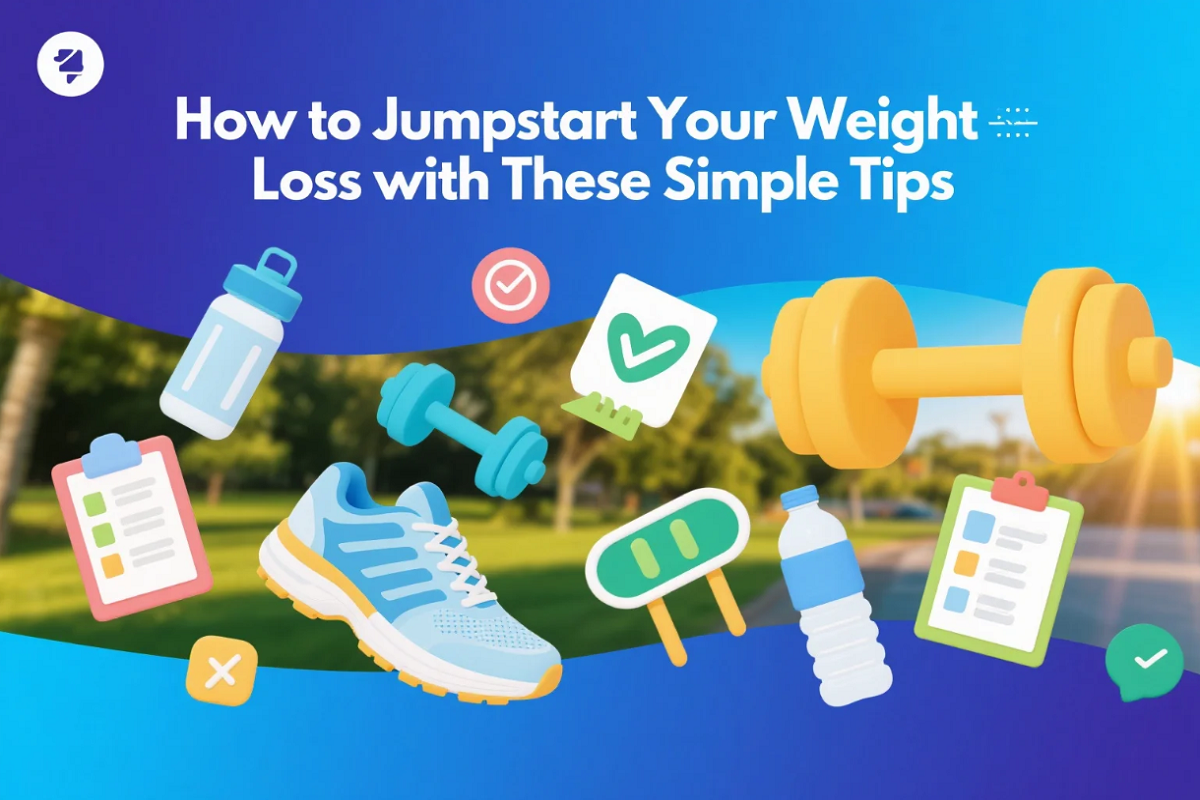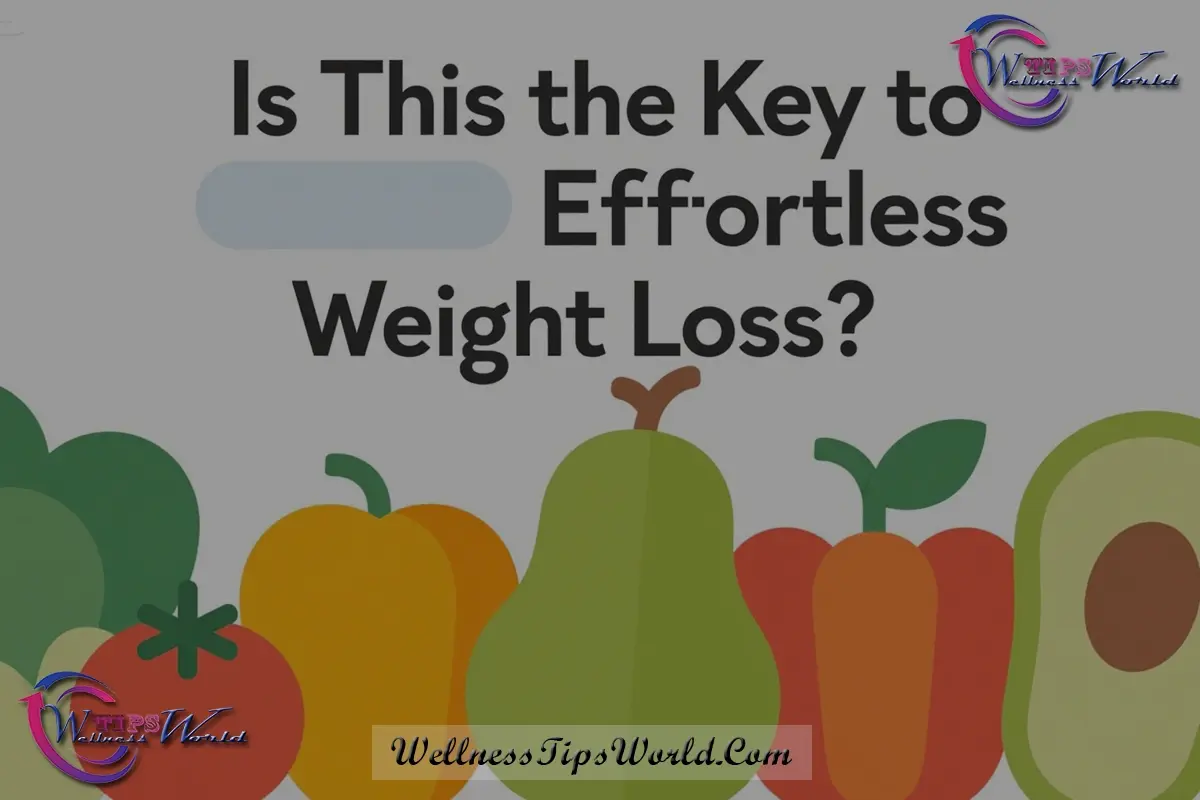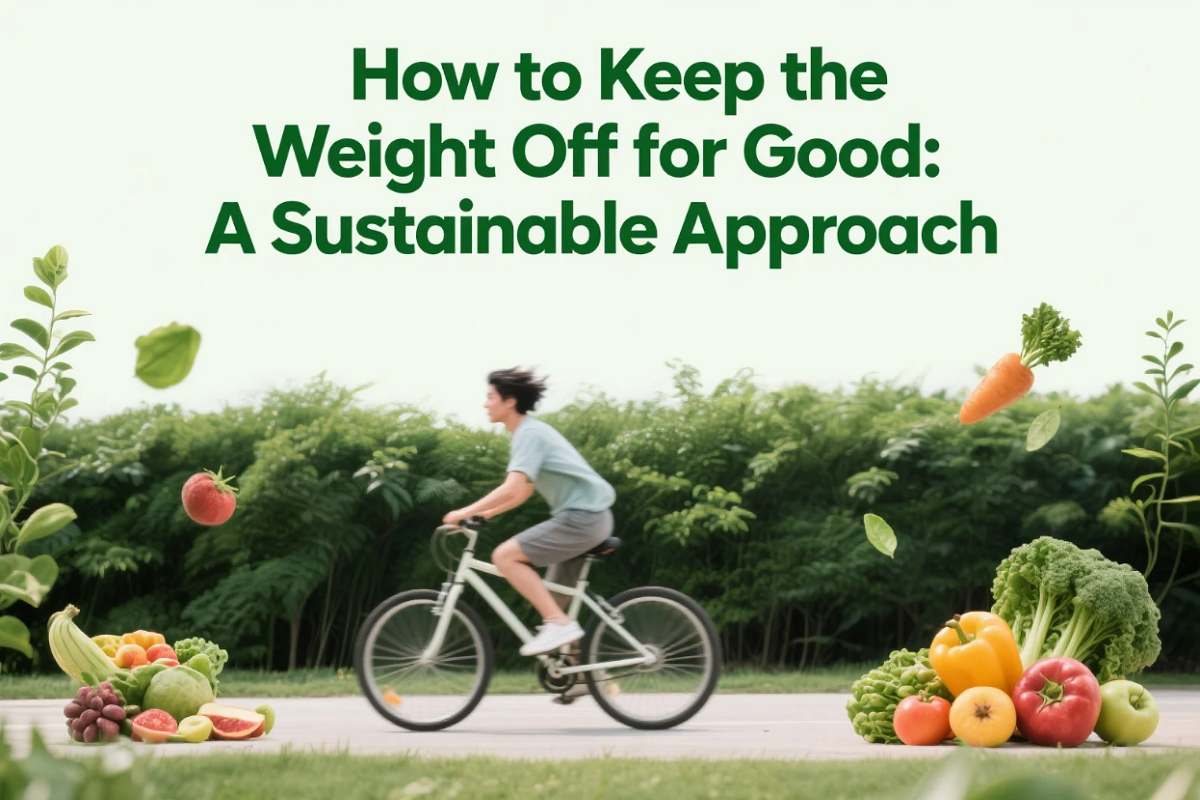How to Beat Emotional Eating and Lose Weight: A Complete Guide
-
29
- 06 Oct, 2025

Are you struggling with emotional eating? Do you find yourself turning to food for comfort during stressful moments, or eating mindlessly when you're not even hungry? If this sounds familiar, you're not alone. Emotional eating is a common challenge that many people face, and it can be a significant barrier to losing weight and maintaining a healthy lifestyle.
But here's the good news: emotional eating is a habit that can be broken! In this article, we'll explore how to understand emotional eating, identify its triggers, and provide practical strategies to beat it while still achieving your weight loss goals.
What is Emotional Eating?
Before we dive into solutions, it’s essential to understand what emotional eating really is. Unlike physical hunger, which is driven by your body's need for nourishment, emotional eating is driven by emotions such as stress, sadness, or boredom. People tend to turn to food for comfort when they're feeling overwhelmed or looking to numb uncomfortable feelings.
This can lead to overeating, eating unhealthy foods, or eating out of habit rather than actual hunger. The result? Weight gain, feelings of guilt, and a cycle that's tough to break.
Why Do We Emotionally Eat?
There are several reasons why people emotionally eat, and understanding these can help you recognize your own triggers. Here are several key factors that often contribute to emotional eating:
- Stress: When you're under stress, your body produces more of the hormone cortisol. This can increase your appetite and make you crave high-calorie, comfort foods.
- Boredom: If you’re feeling bored or lonely, food can serve as a distraction or a way to fill an emotional void.
- Sadness or Depression: For many people, food is a source of comfort when they’re feeling down or struggling with their emotions.
- Habit: Sometimes, emotional eating becomes a habit. You may not even realize you're eating for emotional reasons.
Recognizing that emotional eating is tied to your emotions, not physical hunger, is a critical first step in breaking the cycle.
Strategies to Conquer Emotional Eating and Achieve Weight Loss
Now that we’ve explored what emotional eating is and why it happens, let’s look at actionable strategies you can use to stop it and finally lose weight.
1. Identify Your Emotional Eating Triggers
The first step in overcoming emotional eating is to identify the emotions or situations that trigger it. Keep a food journal and note what you eat, how you feel before and after eating, and what’s going on in your life at the time. Over time, you’ll start to recognize patterns.
Once you identify your triggers, you can take steps to address them in healthier ways. For example:
- If stress is a trigger, you can try meditation or deep breathing exercises instead of reaching for food.
- If boredom is the issue, find a hobby or activity to distract you.
- If sadness or depression is triggering your emotional eating, consider talking to a therapist or counselor.
2. Practice Mindful Eating
One of the most effective ways to break the habit of emotional eating is by practicing mindful eating. This involves paying attention to what you're eating, how it tastes, and how much you're eating.
By slowing down and savoring each bite, you can better tune into your body's hunger and fullness cues, which will help you avoid overeating. Mindful eating can also help you differentiate between physical hunger and emotional cravings.
3. Find Alternative Coping Strategies
Instead of turning to food when you're stressed, sad, or bored, it's important to have alternative coping strategies in place. Here are some suggestions to consider:
- Exercise: Physical activity is a great way to relieve stress, boost your mood, and reduce emotional eating. Even a short walk or some yoga can make a difference.
- Journaling: Writing down your thoughts and feelings can help you process emotions without turning to food.
- Breathing exercises: Deep breathing or mindfulness meditation can calm your mind and reduce the urge to eat for emotional reasons.
4. Create a Healthy Eating Environment
Making your environment supportive of your weight loss goals can help you avoid emotional eating. This includes:
- Stocking your kitchen with healthy foods: If you have healthy snacks available, you'll be less likely to reach for junk food during emotional moments.
- Cleaning up your kitchen: If your kitchen is cluttered with unhealthy foods or distractions, it can make it harder to resist emotional eating.
- Setting up healthy routines: Establish meal times and make it a habit to eat at those times rather than grazing throughout the day.
5. Practice Self-Compassion
When you're working on overcoming emotional eating, it’s crucial to be kind to yourself. If you slip up and eat for emotional reasons, don’t beat yourself up. Self-compassion is key to long-term success.
Instead of feeling guilty, take a step back and reflect on what happened. Ask yourself what triggered your emotional eating, and what you can do differently next time. Remember that breaking the cycle of emotional eating is a journey, and it’s okay to have setbacks along the way.
6. Consider Professional Support
If you find that emotional eating is deeply ingrained or you’re struggling to make progress on your own, consider seeking professional help. A therapist or counselor can help you address the emotional triggers behind your eating habits, and a registered dietitian can guide you on a balanced and healthy eating plan.
The Role of Nutrition in Beating Emotional Eating
While addressing the emotional side of eating is crucial, your diet plays a role too. Eating a well-balanced, nutritious diet can help regulate your hormones, stabilize your blood sugar levels, and reduce the likelihood of emotional eating. Here are some nutrition tips to support your weight loss and reduce emotional cravings:
- Have consistent, well-rounded meals: Skipping meals may result in overeating later on. Ensure you're eating meals that include protein, healthy fats, and fiber to keep you feeling full and satisfied.
- Stay hydrated: Sometimes thirst is mistaken for hunger. Drink plenty of water throughout the day to stay hydrated and prevent emotional eating.
- Limit sugar and processed foods: Foods high in sugar and refined carbs can cause blood sugar spikes and crashes, leading to cravings and overeating.Give priority to wholesome, nutrient-rich foods like fruits, vegetables, lean proteins, and whole grains.
Taking Control of Emotional Eating
Overcoming emotional eating and losing weight is not about restriction or dieting. It’s about understanding your emotions, recognizing your triggers, and building healthier habits. By practicing mindful eating, finding alternative coping strategies, and creating a supportive environment, you can break the cycle of emotional eating and achieve your weight loss goals.
Remember, it’s not about perfection—it's about progress. Show yourself patience and acknowledge the small wins throughout your journey. If you’re committed to overcoming emotional eating, you’ll start to feel more in control of your relationship with food and ultimately find success in reaching your health goals.










